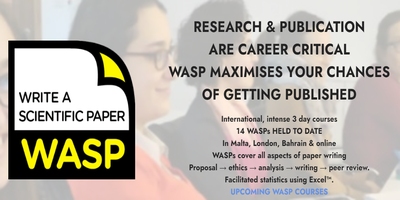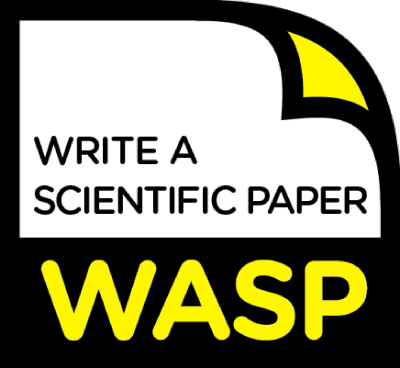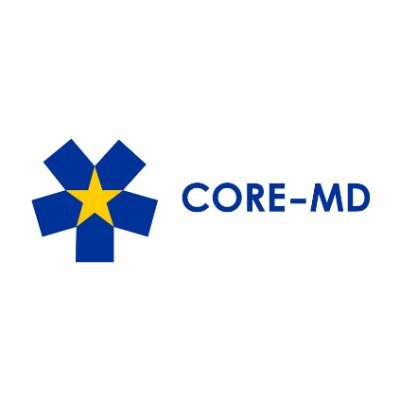WASP WITH HOPEXCHANGE
April 12, 2021 @ 7:30am –
April 14, 2021 @ 11:15am
UTC+1

This Event has passed
€50 discount for YEAP members.
This is a standard WASP course with Faculty mostly comprised of internationally known cardiologists, cardiac surgeons, journal editors and more. All times in Programme are Malta (Rome) times.
The upcoming WASP course is being held in collaboration with HopeXchange, whose mission is the alleviation of suffering in developing countries through education, healthcare, and sustainable development.
There is now a Malta Cross Foundation partial (50%) scholarship for this course. The scholarship is open to all local and International students or young graduates. If interested send an email to info@maltacross.org copied to info@ithams.com. Subject: WASP Scholarship. For further information contact us on info@maltacross.org. The Foundation reserves the right to refuse any application.
Details
Start:
End:
Cost:
April 12, 2021 @ 7:30 am UTC+0
April 14, 2021 @ 11:15 am UTC+0
€450
Start:
April 12, 2021 @ 7:30 am UTC+0
End:
April 14, 2021 @ 11:15 am UTC+0
Cost:
€450

